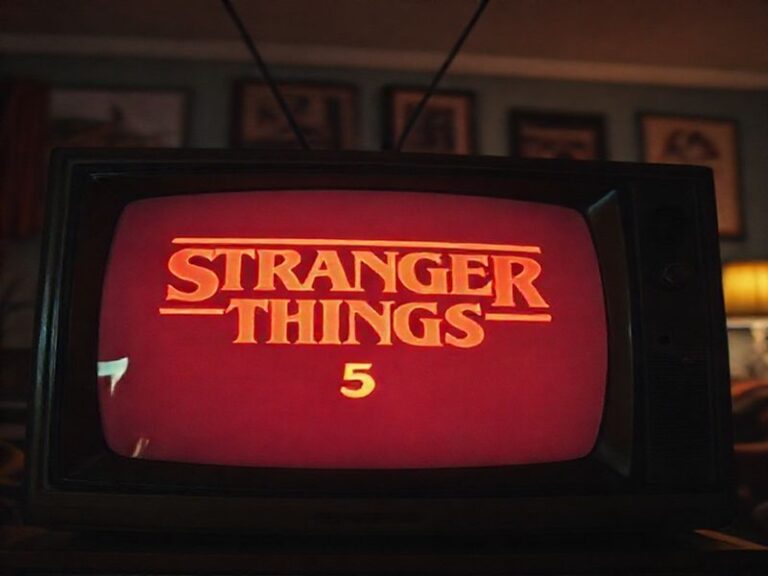Smoke, Mirrors, and Sovereign Debt: Inside the Zimbabwe-Botswana Cold War the World Can’t Ignore
Victoria Falls, that thundering curtain of water the locals politely call “The Smoke That Thunders,” has always offered a convenient metaphor for southern Africa: loud, wet, and impossible to ignore. These days the roar is coming not from the Zambezi but from two neighboring countries—Zimbabwe and Botswana—whose latest tiff is less a border skirmish than a slow-motion collision between post-colonial ambition and the global spectator sport of watching other people’s problems.
To the untrained eye, the quarrel looks almost quaint: a disputed island here, a tariff spat there, the occasional presidential tweet. Yet behind the scenes, every major power from Beijing to Brussels is leaning in, because what happens at the confluence of the Limpopo and the Zambezi rarely stays there. Zimbabwe, population 15 million, has perfected the art of remaining solvent on paper while being functionally bankrupt in every currency that matters. Botswana, population 2.4 million, has diamonds, a surplus, and the sort of sovereign credit rating that makes bond traders purr. One neighbor is a cautionary tale; the other is a hedge fund’s fever dream. Naturally, they can’t stand each other.
Globally, the spat is being read like a geopolitical soap opera. Washington frets that Harare’s flirtation with Moscow (grain-for-gold deals inked in Cyrillic) might nudge the region’s delicate balance toward the sort of “strategic ambiguity” that ends with Russian boots guarding lithium mines. Brussels, ever the accountant of empire, worries that Gaborone’s gleaming new data centers—built to host the world’s selfies and tax-avoiding cloud servers—will suffer collateral damage if Zimbabwe’s inflation decides to export itself. Meanwhile, Beijing has offered to mediate, a proposal met with the diplomatic equivalent of raised eyebrows, since the mediator also happens to be the majority shareholder in both countries’ railway networks.
The irony, of course, is that neither Zimbabwe nor Botswana actually needs a war; they’ve already weaponized paperwork. Botswana’s new e-visa system—designed to keep out Zimbabwe’s enthusiastic informal traders—has created a 42-kilometer queue of trucks that looks, from satellite, like a very patient snake. Zimbabwe retaliated by declaring that all Botswana cattle crossing the border must henceforth wear GPS ankle bracelets, a policy whose Kafkaesque brilliance was undercut only by the national treasury’s inability to afford the devices. Somewhere in Geneva, a WTO bureaucrat just updated his LinkedIn headline to “Conflict Resolution Specialist, Bovine Division.”
The broader significance is less about cattle and more about carbon. Zimbabwe wants to monetize its forests via international carbon credits; Botswana already sells glossy brochures of its Okavango Delta to German pension funds who want to offset their beer production. Both are competing for the same pool of Western guilt money, which means every diplomatic handshake now comes with a sidebar on net-zero accounting tricks. The planet, in its infinite sarcasm, has turned one of the world’s driest regions into a bazaar of imaginary rain.
And so the world watches, half bemused, half invested. Hedge funds price Botswana pula options; NGOs stage webinars on Zimbabwean governance; TikTok influencers parachute in for 48-hour “climate justice” safaris, leaving behind biodegradable water bottles and an uptick in local selfie-stick prices. The rest of us refresh our feeds, grateful that the drama is unfolding somewhere with good Wi-Fi and minimal fallout for our 401(k)s.
In the end, the Zimbabwe-Botswana standoff is a masterclass in modern brinkmanship: two countries discovering that the fastest route to global relevance is not through conquest but through the strategic deployment of scarcity narratives. One sells collapse; the other sells stability. Both know the market is bullish on spectacle. And somewhere downstream, the Zambezi keeps rolling, indifferent to credit ratings, cattle bracelets, and the comedic ambitions of Homo sapiens. The smoke still thunders; the joke, as ever, is on us.







